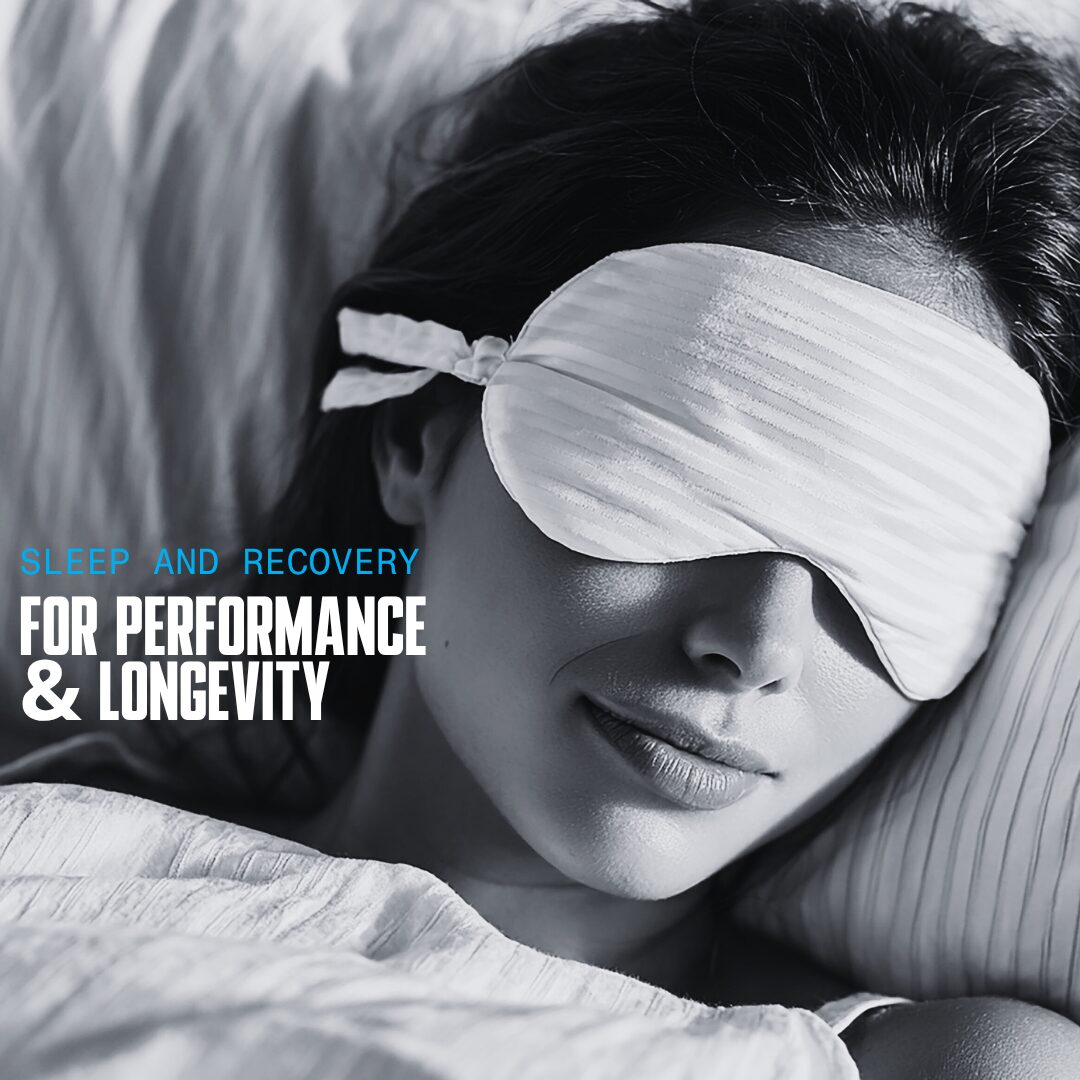Ever wonder why that restless night leaves you dragging, even after a great workout? It turns out your sleep might be the secret ingredient that turns good training into long-term gains in health and fitness.
Why Sleep is Important
Sleep is not just “down time” for your body and mind — it is an active period of repair and adaptation. Research shows that poor or irregular sleep patterns are linked to reduced endurance, strength, and motor control. For instance, a systematic review found that sleep deprivation significantly impairs aerobic capacity and muscular strength (Fullagar et al., 2015).
Sleep is divided into two types: REM (rapid eye movement) and non-REM sleep. Non-REM sleep restores the body and REM sleep restores the mind. Both stages work together to optimize recovery, performance, and overall mind-body health. During deep (non-REM) sleep, the body releases growth hormone and lowers cortisol levels, allowing muscle repair, protein synthesis, and tissue regeneration to occur (Dattilo et al., 2011).
In the longevity space, consistent sleep habits are increasingly seen as a marker of healthy aging. A large 2024 study found that irregular sleep timing was associated with higher mortality risk—even more than short sleep duration alone (Gao et al., 2024).
There is also a two-way relationship between exercise and sleep: training improves sleep quality, while better sleep enhances recovery. When you train hard but sleep poorly, you limit adaptation. When you sleep well, you amplify your gains (Hirshkowitz et al., 2015).
Practical Takeaways for Better Performance
For anyone serious about fitness and longevity, sleep is non-negotiable. Aim for 7–9 hours of mostly uninterrupted sleep per night and keep consistent bed and wake times—even on weekends. Support deep, restorative sleep by keeping your room cool, dark, and quiet; limiting screen time before bed; and scheduling high-intensity workouts at least 2-3 hours before bed time. Think of sleep as part of your training program, not an optional extra.
Lights Out – Sleep Wins
Your workouts and subsequent adaptations will only be as strong as your sleep and rest. Commit to sleep as seriously as you commit to your training and your future self will thank you.
References
Dattilo, M., Antunes, H. K. M., Medeiros, A., Monico-Neto, M., Souza, H. S., Tufik, S., & de Mello, M. T. (2011). Sleep and muscle recovery: Endocrinological and molecular basis for a new and promising hypothesis. Medical Hypotheses, 77(2), 220–222. https://doi.org/10.1016/j.mehy.2011.04.017
Fullagar, H. H. K., Skorski, S., Duffield, R., Hammes, D., Coutts, A. J., & Meyer, T. (2015). Sleep and athletic performance: The effects of sleep loss on exercise performance, and physiological and cognitive responses to exercise. Sports Medicine, 45(2), 161–186. https://doi.org/10.1007/s40279-014-0260-0
Gao, C., et al. (2024). Sleep irregularity and mortality: Findings from the UK Biobank study. Sleep, 47(1), zsad253. https://doi.org/10.1093/sleep/zsad253
Hirshkowitz, M., Whiton, K., Albert, S. M., Alessi, C., Bruni, O., DonCarlos, L., … & Adams Hillard, P. J. (2015). National Sleep Foundation’s updated sleep duration recommendations: Final report. Sleep Health, 1(4), 233–243. https://doi.org/10.1016/j.sleh.2015.10.004


